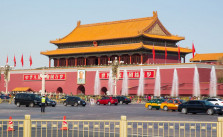China Travel A Comprehensive Guide to Exploring the Land of the Dragon
China is a vast country that offers an unparalleled travel experience. From stunning natural landscapes to ancient cultural heritage, this land of the dragon has something for everyone. In this guide, we will explore the top must-visit attractions, best times to travel, cultural experiences, transportation options, and more in China. Whether you are a first-time traveler or a seasoned explorer, this guide will help you plan an unforgettable trip to China.
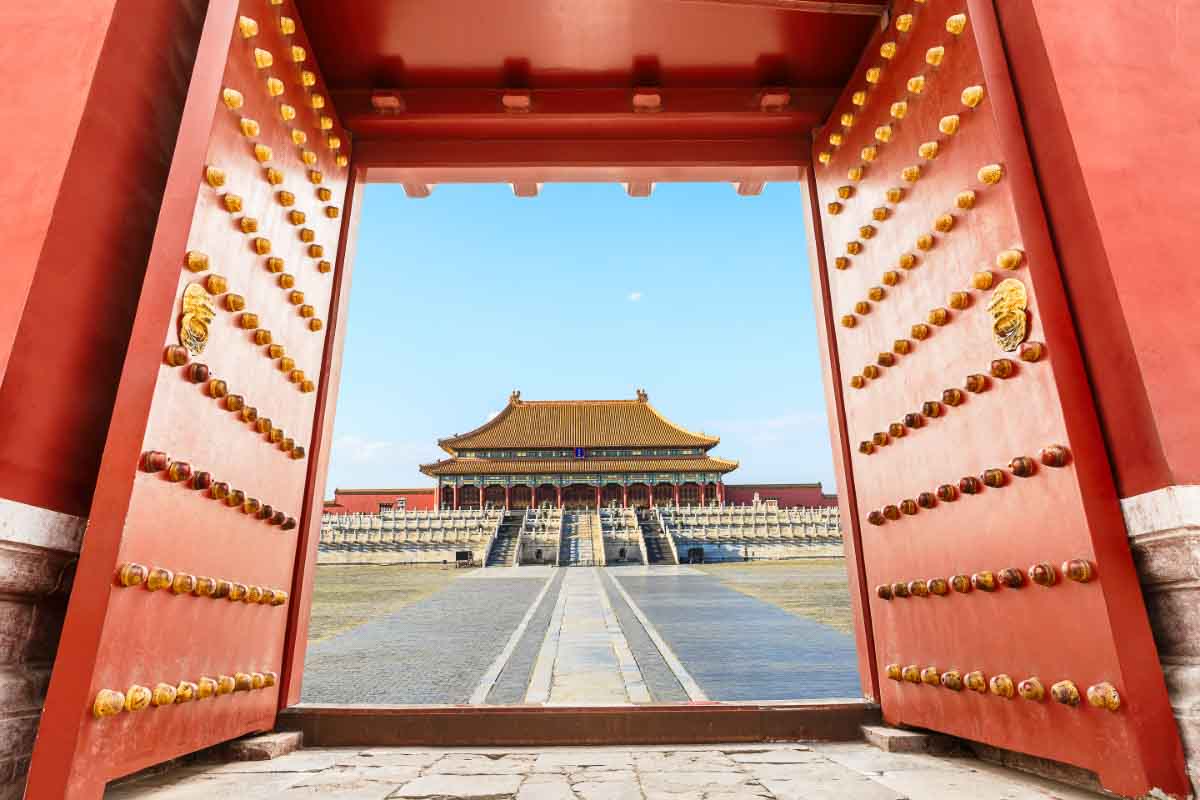
Top 10 Must-Visit Attractions in China
China is home to many iconic landmarks, breathtaking natural wonders, and cultural treasures. Here are the top 10 must-visit attractions in China:
- The Great Wall of China – This ancient wonder of the world stretches over 13,000 miles and is a testament to the ingenuity and perseverance of the Chinese people.
- The Terracotta Army – Located in Xi’an, this archaeological wonder features over 8,000 life-size terracotta warriors and horses that were buried with Emperor Qin Shi Huang.
- The Forbidden City – This imperial palace complex in Beijing was once off-limits to commoners and now serves as a museum showcasing China’s rich history.
- The Yangtze River and Three Gorges – This scenic river cruise offers stunning views of the Chinese countryside and some of the country’s most spectacular natural scenery.
- The Potala Palace – Located in Lhasa, Tibet, this sacred site is home to the Dalai Lama and is a symbol of Tibetan culture and Buddhism.
- The Zhangjiajie National Forest Park – This breathtaking park features towering sandstone pillars, deep ravines, and lush forests that inspired the fictional world of Pandora in the movie Avatar.
- The Yellow Mountains – These stunning peaks in Anhui province offer panoramic views of the surrounding landscape and are famed for their unique rock formations and sea of clouds.
- The Summer Palace – This royal garden in Beijing is a masterpiece of Chinese landscaping and features beautiful pavilions, temples, and lakes.
- The Shaolin Temple – Located in Henan province, this ancient Buddhist temple is the birthplace of kung fu and has been a center of martial arts training for over 1,500 years.
- The Bund – This waterfront promenade in Shanghai offers stunning views of the city’s skyline and is home to some of its most iconic landmarks.
The Best Time to Travel to China: A Seasonal Guide

China is a vast country that experiences a range of climates and weather patterns throughout the year. Here is a seasonal guide to help you plan your trip to China:
- Spring (March – May): The weather is mild and pleasant, and the cherry blossoms are in bloom in many parts of the country.
- Summer (June – August): This is peak tourist season, with warm temperatures and plenty of sunshine. However, be prepared for crowds and higher prices.
- Autumn (September – November): This is a popular time to visit China, with cooler temperatures and clear skies. The fall foliage is also a highlight in many parts of the country.
- Winter (December – February): The weather can be cold and dry, but this is a good time to visit if you want to avoid the crowds and experience Chinese New Year festivities.
Exploring the Great Wall of China: Tips and Tricks
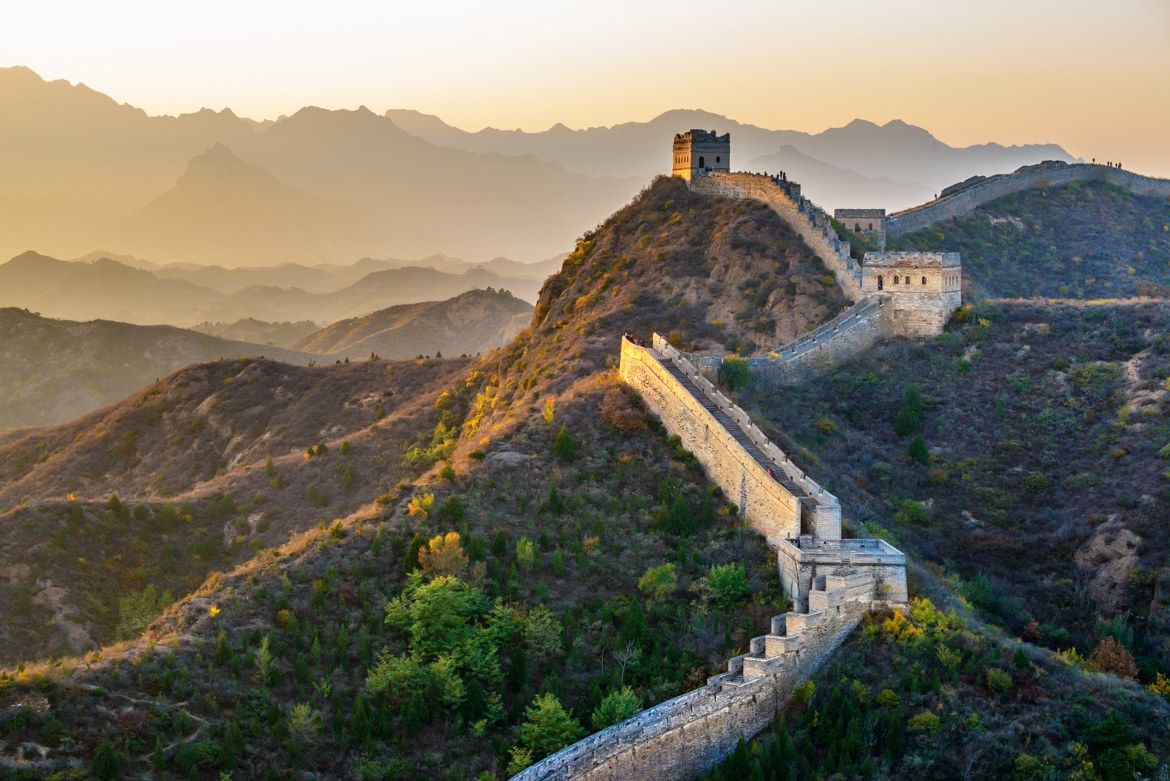
The Great Wall of China is one of the most iconic landmarks in the world and a must-visit attraction in China. Here are some tips and tricks to help you make the most of your visit:
- Choose the right section: There are many sections of the Great Wall to choose from, each offering a different experience. Some popular sections include Badaling, Mutianyu, and Jinshanling.
- Avoid the crowds: The Great Wall can get very crowded, especially during peak tourist season. Consider visiting early in the morning or late in the afternoon to avoid the crowds.
- Wear comfortable shoes: The Great Wall involves a lot of walking and climbing, so be sure to wear comfortable shoes with good traction.
- Bring plenty of water and snacks: There are limited food and drink options on the Great Wall, so come prepared with plenty of water and snacks.
- Hire a guide or join a tour: A knowledgeable guide can provide valuable insights into the history and culture of the Great Wall.
Cultural Experiences to Have While Traveling in China
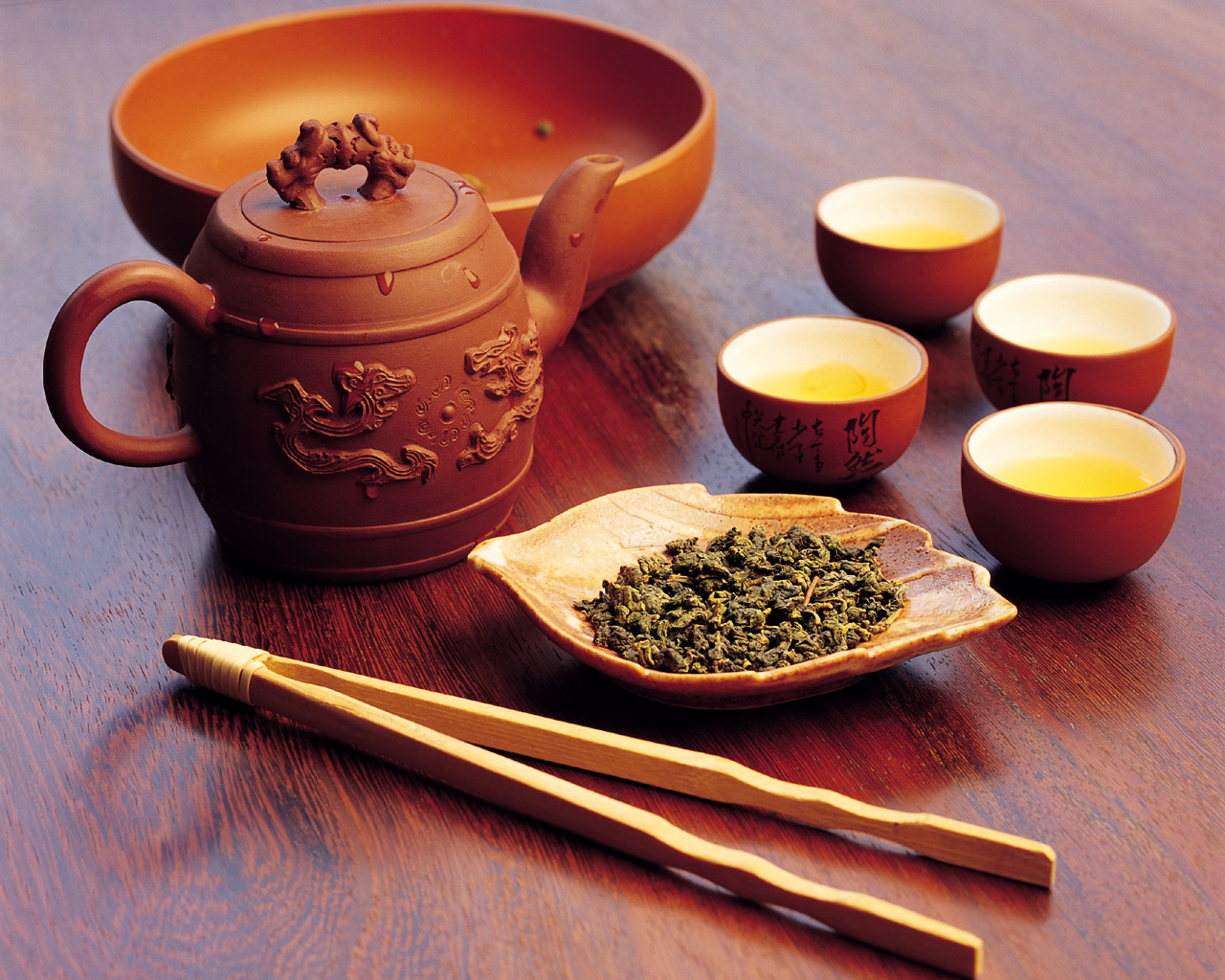
China has a rich and diverse culture that dates back thousands of years. Here are some cultural experiences you should consider during your trip to China:
- Attend a traditional tea ceremony: Tea is an important part of Chinese culture, and attending a traditional tea ceremony can be a great way to experience the country’s hospitality and learn about its customs.
- Visit a local market: Local markets offer a glimpse into daily life in China and are a great place to try street food, shop for souvenirs, and interact with locals.
- Watch a Chinese opera: Chinese opera is a unique art form that combines music, dance, and elaborate costumes. Watching a performance can be a fascinating cultural experience.
- Learn calligraphy: Calligraphy is an important art form in China and learning how to write Chinese characters can be a rewarding and educational experience.
- Visit a temple or shrine: China is home to many beautiful temples and shrines that offer insight into the country’s religious beliefs and practices.
Summary:
- Attend a traditional tea ceremony
- Visit a local market
- Watch a Chinese opera
- Learn calligraphy
- Visit a temple or shrine
The Top Cities to Visit in China for a Cultural Experience
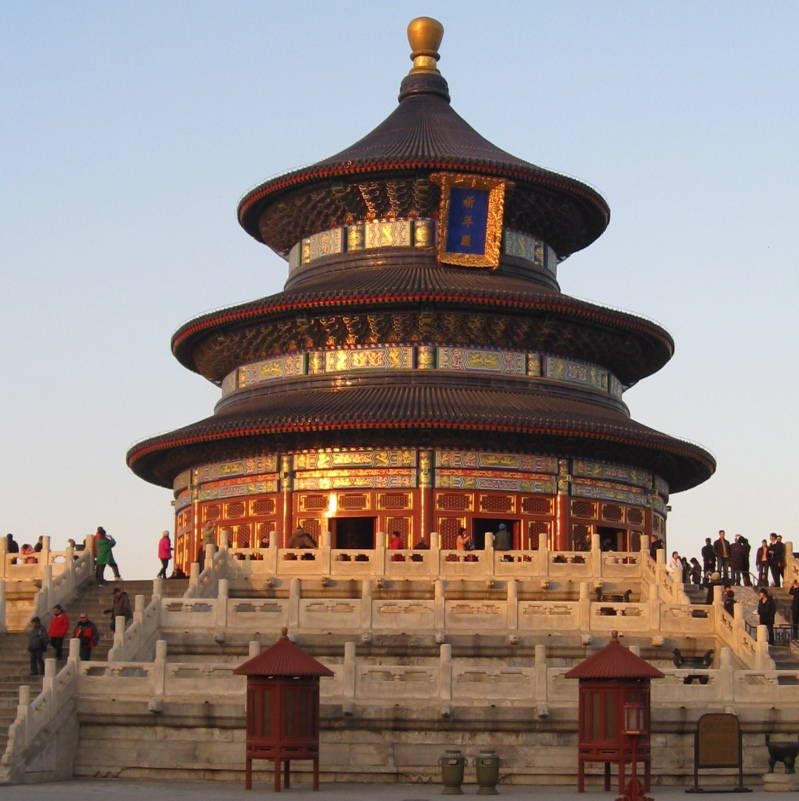
While there are many cities to explore in China, some stand out as cultural hubs with unique offerings. Here are the top cities to visit in China for a cultural experience:
- Beijing – This ancient city is home to many of China’s most iconic landmarks, including the Forbidden City, the Temple of Heaven, and the Summer Palace.
- Xi’an – This historical city was once the capital of China and is home to the Terracotta Army, as well as many other historical sites and museums.
- Shanghai – This bustling metropolis is a hub of art, fashion, and culture, with world-class museums, theaters, and galleries.
- Chengdu – This city in Sichuan province is known for its spicy cuisine, giant pandas, and laid-back lifestyle.
- Lhasa – This mystical city in Tibet is home to the Potala Palace and other important Buddhist sites.
Summary:
- Beijing
- Xi’an
- Shanghai
- Chengdu
- Lhasa
Navigating Transportation in China: A Guide for Travelers
China has a vast transportation network that includes planes, trains, buses, and taxis. Here are some tips for navigating transportation in China:
- Plan ahead: Book your tickets in advance and plan your routes carefully to avoid delays and confusion.
- Use public transportation: Public transportation in China is affordable and efficient, with options including subways, buses, and trains.
- Consider hiring a driver or guide: If you are traveling to remote areas or have limited time, hiring a driver or guide can be a convenient and stress-free option.
- Be prepared for crowds: China is a populous country, and transportation can get crowded, especially during peak tourist season.
- Download translation apps: English is not widely spoken in China, so having translation apps on hand can be helpful for communicating with locals and asking for directions.
Summary:
- Plan ahead
- Use public transportation
- Consider hiring a driver or guide
- Be prepared for crowds
- Download translation apps
Buy a Tourist SIM or eSIM Before You Go

To stay connected while traveling in China, it’s a good idea to buy a tourist SIM card or eSIM before you go. This will allow you to make calls, send texts, and access the internet without incurring expensive roaming fees. Some popular options include China Mobile, China Unicom, and China Telecom.
If you’re planning a trip to China, one of the key considerations is how to stay connected while you’re there. Using your home country’s SIM card and data plan can result in costly roaming fees, so it’s a smart move to purchase a tourist SIM card or eSIM before you leave.
Tourist SIM cards are available at most airports, as well as at designated stores throughout China. They typically offer a certain amount of data, calls, and texts for a fixed price. You’ll need to show your passport to purchase a SIM card, and activation usually only takes a few minutes.
Alternatively, some phone providers offer eSIMs, which are digital SIM cards that can be downloaded onto your smartphone without needing a physical card. This is a convenient option if you don’t want to switch out your physical SIM card or if your device doesn’t have a SIM card slot.
When choosing a provider, three main options are China Mobile, China Unicom, and China Telecom. China Mobile is the largest provider in China, offering the widest coverage and fastest network speeds. China Unicom offers competitive pricing and good coverage, while China Telecom is known for its reliable network and high-quality services.
It’s important to note that China has strict Internet censorship laws, and many popular Western websites and apps are blocked in the country. To access these sites, you’ll need to use a VPN (Virtual Private Network), which can often be purchased through your chosen phone provider.
In summary, if you want to stay connected while traveling in China, it’s a wise idea to purchase a tourist SIM card or eSIM before you go. Look into providers such as China Mobile, China Unicom, and China Telecom, and consider using a VPN to access blocked websites and apps. By doing so, you can enjoy your trip without worrying about expensive roaming fees or internet restrictions.
The Best Foods to Try While Traveling in China
Chinese cuisine is renowned for its bold flavors, diverse ingredients, and unique cooking techniques. Here are some must-try foods while traveling in China:
- Peking duck: This famous Beijing dish features succulent roast duck served with pancakes, scallions, and hoisin sauce.
- Hot pot: This communal meal involves cooking a variety of meats, seafood, and vegetables in a hot broth and dipping them in sauces.
- Xiaolongbao: These steamed dumplings filled with soup and pork are a Shanghai specialty.
- Kung pao chicken: This spicy Sichuan dish features stir-fried chicken, peanuts, and vegetables in a savory sauce.
- Dumplings: Dumplings come in many varieties in China, including steamed, pan-fried, and boiled, and can be filled with meat, vegetables, or seafood.
Summary:
- Peking duck
- Hot pot
- Xiaolongbao
- Kung pao chicken
- Dumplings
Budget Traveling in China: How to Make the Most of Your Money
China can be a budget-friendly destination if you planahead and make smart choices while traveling. Here are some tips for budget traveling in China:
- Stay in hostels or guesthouses: Accommodations can be expensive in China, so staying in hostels or guesthouses can be a cost-effective option.
- Eat street food: Street food is abundant in China and can be much cheaper than eating at restaurants.
- Use public transportation: As mentioned earlier, public transportation is affordable and efficient in China, making it a great way to save money on transportation costs.
- Avoid tourist traps: Tourist areas can be more expensive than other parts of the city, so consider exploring off-the-beaten-path neighborhoods instead.
- Negotiate prices: In markets and small shops, bargaining is expected, so don’t be afraid to negotiate for a better price.
Summary:
- Stay in hostels or guesthouses
- Eat street food
- Use public transportation
- Avoid tourist traps
- Negotiate prices
Off-the-Beaten-Path Destinations in China Worth Visiting
While China has many well-known tourist destinations, there are also many lesser-known places that are worth visiting. Here are some off-the-beaten-path destinations in China to consider:
- Zhangye Danxia National Geological Park: This stunning park features colorful rock formations that resemble a rainbow and is a must-see destination for nature lovers.
- Dunhuang: Located in the Gobi Desert, this ancient oasis town is home to the Mogao Caves, which feature some of the finest Buddhist art in the world.
- Hainan Island: Often called “China’s Hawaii,” Hainan Island is a tropical paradise with beautiful beaches, lush rainforests, and a laid-back vibe.
- Jiuzhaigou Valley: This breathtaking valley in Sichuan province features crystal-clear lakes, cascading waterfalls, and verdant forests.
- Guizhou Province: This mountainous province in southwestern China is home to many ethnic minority groups and offers unique cultural experiences, as well as stunning natural scenery.
Summary:
- Zhangye Danxia National Geological Park
- Dunhuang
- Hainan Island
- Jiuzhaigou Valley
- Guizhou Province
Chinese Etiquette: What to Know Before You Go
Understanding Chinese etiquette can help you navigate cultural differences and show respect for local customs. Here are some important things to know before you go:
- Greetings: It’s customary to greet people with a handshake or nod of the head. When meeting someone for the first time, it’s polite to address them by their title and last name.
- Gift-giving: Gift-giving is an important part of Chinese culture and can be a way to show gratitude and build relationships. Gifts should be wrapped in red paper and presented with both hands.
- Dining etiquette: In China, it’s common to share dishes family-style and use chopsticks. Slurping soup or noodles is considered acceptable, but blowing your nose at the table is not. It’s also customary to pour tea for others before pouring for yourself.
- Respect for elders: Respect for elders is deeply ingrained in Chinese culture, so it’s important to address older people with proper titles and show deference to their opinions.
- Clothing: Dress modestly and avoid wearing revealing or overly casual clothing, especially when visiting religious sites.
Summary:
- Greetings
- Gift-giving
- Dining etiquette
- Respect for elders
- Clothing
Conclusion
China is a fascinating country with an abundance of cultural and natural treasures to explore. From the Great Wall to the Terracotta Army, from traditional tea ceremonies to spicy Sichuan cuisine, there’s something for everyone in this vast and diverse land. By following the tips and advice in this guide, you can make the most of your trip to China and create unforgettable memories along the way.



